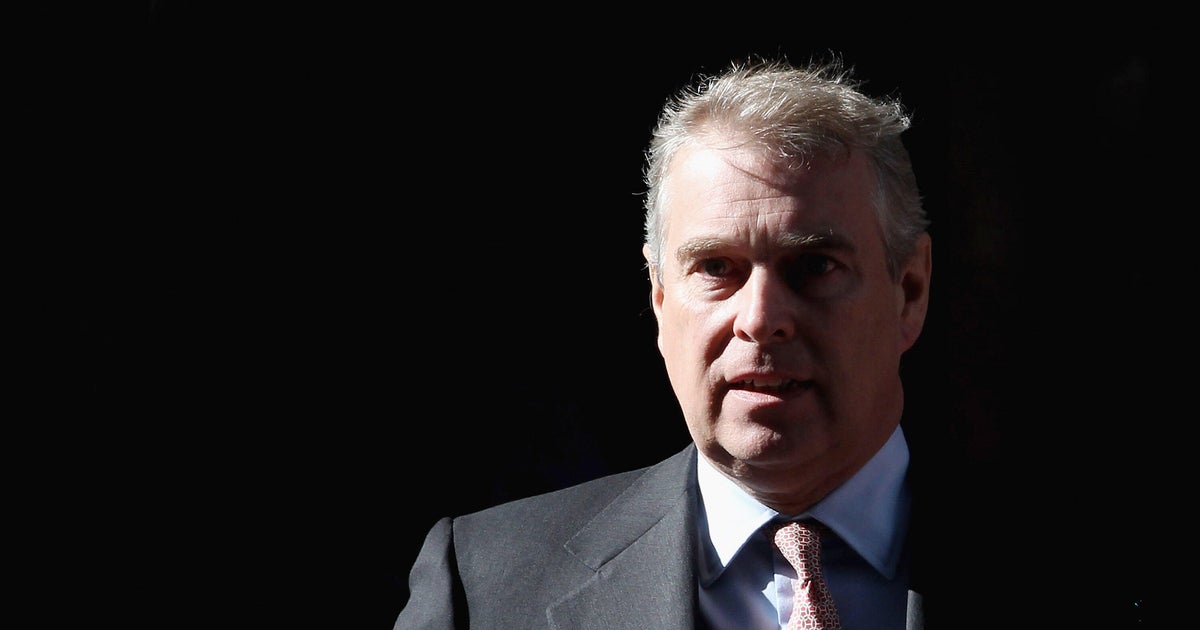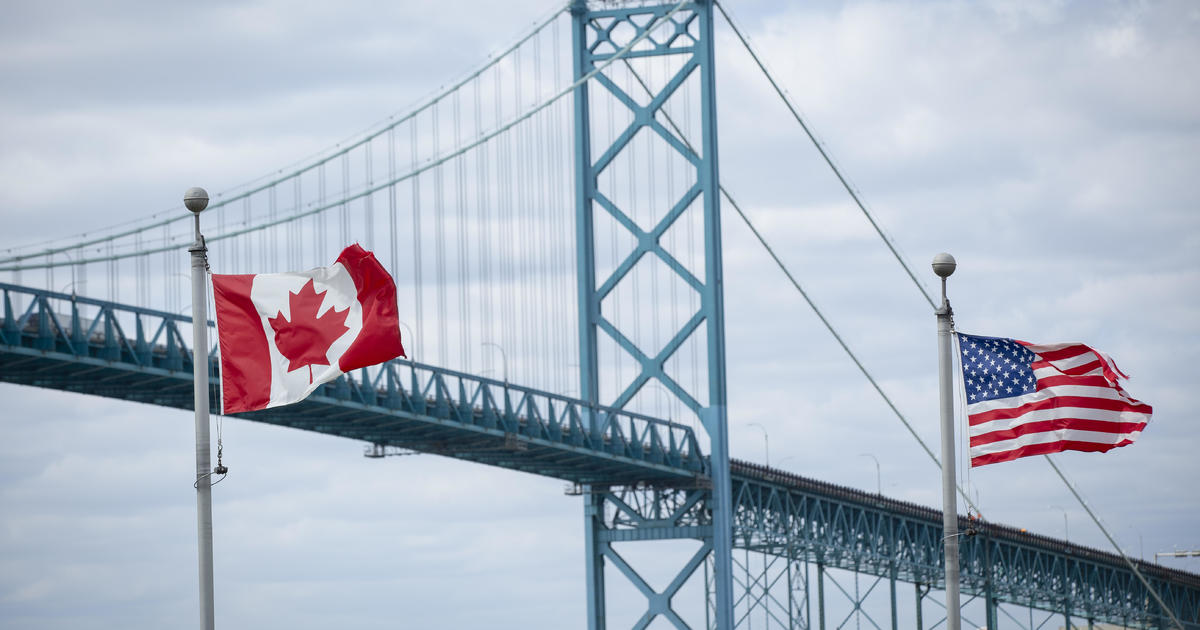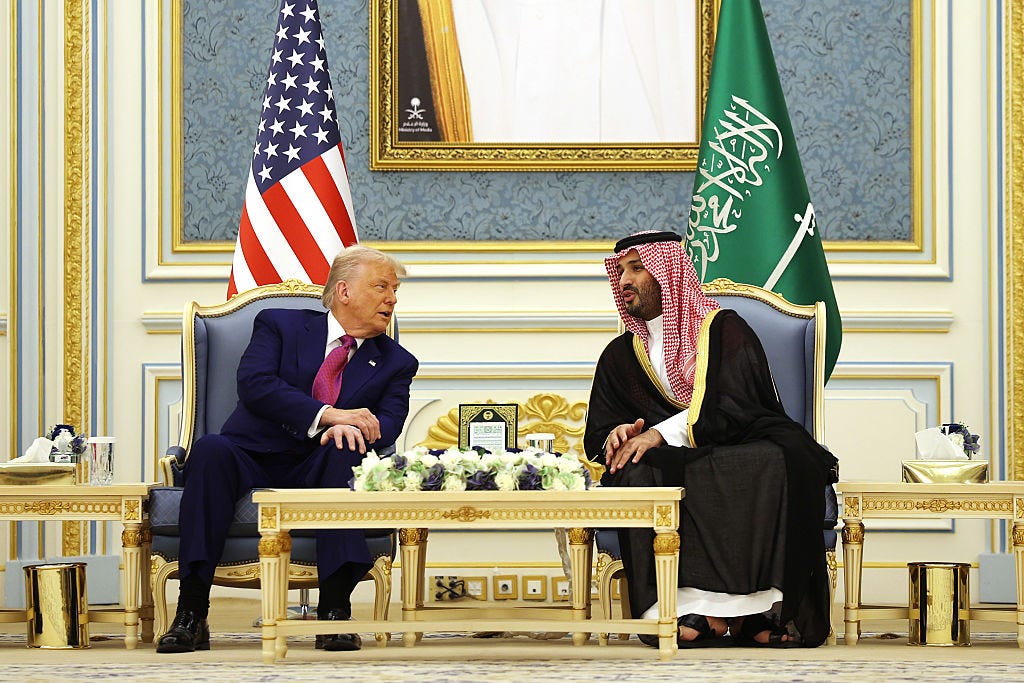Trump congratulates newly-elevated Saudi Arabian crown prince
President Trump called the newly-installed crown prince of Saudi Arabia, Mohammed bin Salman, to "congratulate him on his recent elevation," the White House announced Wednesday.
Mr. Trump and the new crown prince pledged "close cooperation" on security and economic issues, according to the White House, and two rulers also discussed the need to cut off support for terrorism, the recent diplomatic dispute with Qatar, and the push to secure peace between Israel and the Palestinians.
Mohammed bin Salman, now the heir to the Saudi throne, is the 31-year-old son of King Salman. The previous crown prince, 57-year old Mohammed bin Nayef, was removed from that post by the king. The previous crown prince and the current crown prince are first cousins, both grandsons of the founder of the House of Saud. Mohammed bin Nayef became crown prince in 2015 after the death of the previous king, Abdullah bin Abdulaziz. He has been recognized in recent years for his cooperation with the U.S. on counterterrorist efforts.
The elevation of Mohammed bin Salman marked the culmination of several years of change within the power structure of the Saudi royal family, the New York Times reports, as some older princes have found themselves sidelined and some younger princes have steadily accrued more responsibilities.
"A lot of people are happy that a younger generation is coming to power, but those who are upset are the older generation, no doubt about it, who are not to used to this kind of dramatic change," Joseph A. Kechichian, a senior fellow at the King Faisal Center for Research and Islamic Studies with extensive contacts in the royal family, told the Times. "Even if people are uncomfortable, at the end of the day this is a monarchical decision, and people will either have to accept the new arrangement or they will essentially have to keep their mouths shut."
The White House read-out of the call did not say that the leaders discussed human rights during their conversation. The Trump administration has been seemingly split on the issue of Saudi Arabia's human rights abuses. While the president pledged not to "lecture" other countries during a trip to the Gulf kingdom last month, some members of his foreign policy team have been more willing to criticize the Saudi regime.
"We don't support Saudi Arabia when it comes to human rights," U.S. Ambassador to the United Nations Nikki Haley said earlier this month on Face the Nation. "They know that we don't condone some of the things that they do. We'll always be vocal about that."
"Everyone wants to try and create a divide because I'm speaking out on human rights and humanitarian issues," Haley said, "And the president may not mention it, but we're on the same team."
Sen. Marco Rubio, R-Florida, also criticized Saudi Arabia on human rights grounds during a Face the Nation interview last week. "I take a backseat to no one on criticizing them or anybody in the world when it comes to human rights and the violations or lack of democracy," he said.



